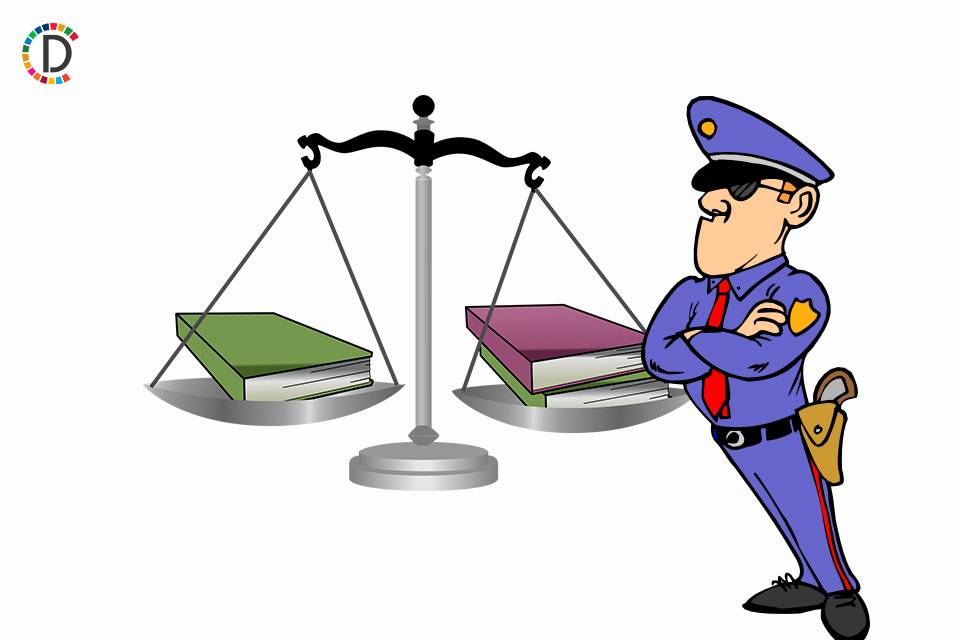TIMELINE-Haiti PM Henry's road to resignation
An uneasy quiet hung over Haiti's capital Port-au-Prince on Wednesday after the resignation of Prime Minister Ariel Henry, a 74-year-old neurosurgeon who came to power after the assassination of the country's last president. The news was met with some celebration as well as uncertainty over the response by armed gangs, the future of a planned security mission, Henry's replacement and the country's eventual elections, set to be the first since 2016.

An uneasy quiet hung over Haiti's capital Port-au-Prince on Wednesday after the resignation of Prime Minister Ariel Henry, a 74-year-old neurosurgeon who came to power after the assassination of the country's last president.
The news was met with some celebration as well as uncertainty over the response by armed gangs, the future of a planned security mission, Henry's replacement and the country's eventual elections, set to be the first since 2016. 2021
President Jovenel Moise is assassinated on July 7, days after appointing Henry his new prime minister, replacing Claude Joseph, who eventually steps aside after saying Henry's appointment should pave the way for elections. Moise had postponed a parliamentary vote set to take place in 2019 to September 2021, triggering mass protests.
Henry fires a prosecutor seeking to charge him as a suspect in Moise's killing; international diplomats back him and encourage him to form an inclusive government. Gangs led by Jimmy "Barbeque" Cherizier block the country's main fuel terminal for weeks, seeking to force Henry's resignation. 2022
Henry survives a shooting attempt at a church in Gonaives. U.S. congressmen push President Joe Biden to stop supporting Henry as elections remain uncertain. As gangs grow their power, turf wars leave hundreds dead, with harrowing reports of mass rapes of women and girls, houses set on fire and people burned alive.
Cherizier's alliance again blocks the main fuel terminal for weeks, leaving transport frozen and hospitals without key energy stores. In October, Henry's government formally seeks an international force to help police fight the gangs. 2023
The terms of Haiti's last senators expire. Henry appoints a transition council to prepare for elections and has promised to step down by February 2024. With growing violence and police and international support largely absent, a group of Port-au-Prince residents in April lynch and set fire to a dozen suspected gang members. This launches a deadly vigilante justice movement known as Bwa Kale.
Cherizier in September calls for armed overthrow of Henry's government. A year after Henry's initial request, the U.N. approves a plan to deploy an international security mission to Haiti, based on voluntary contributions. Kenya offers to lead the force but faces legal obstacles.
The U.N. estimates that by year-end nearly 5,000 have been killed and close to 300,000 internally displaced. In three more months, this figure will have surged past 360,000. 2024
Feb. 7 - Anti-government protests break out ahead of the date by which Henry had promised to step down and when Haitian presidents are traditionally sworn into office. Feb. 19 - A Haitian judge investigating Moise's assassination charges about 50 people, including Moise's widow and former Prime Minister Claude Joseph, who say the charges are political persecution.
Feb. 29 - Henry leaves a Caribbean summit in Guyana, where leaders say he agreed to elections by August 2025, while Cherizier warns of a "battle" to topple his government. March 1 - Henry signs a reciprocal security agreement with Kenya's president, intended to allow Nairobi to follow through on its pledge to lead the planned security force. Cherizier tells families to keep kids home to avoid "collateral damage."
March 3 - Henry's acting prime minister in Haiti declares a state of emergency after violent clashes damage communications, police stations are torched and armed men break thousands out of prison. March 5 - Cherizier threatens "civil war" if Henry does not step down and international leaders continue to back him.
Neighboring Dominican Republic blocks Henry's flight from New Jersey from landing in their territory, pushing him to land in the U.S. territory of Puerto Rico. Caribbean leaders meet online with representatives from Haiti's government and opposition.
March 6 - Washington calls on Henry to "expedite" a political transition and says it is not helping him return to Haiti, while denying reports officials urged him to resign. March 8 - A day after Haiti's main cargo port shuts down, heavy gunfire sounds near the National Palace. U.S. officials later say Henry's resignation is "decided" today, though he does not formalize this until Monday evening.
March 11 - Regional leaders gather in Jamaica for high-level talks. CARICOM is first to announce Henry's resignation pending the installation of a temporary replacement and presidential council set to take over certain presidential powers. By evening, Henry, still in Puerto Rico, tenders his resignation in a video address. The council's membership remains unclear.
(This story has not been edited by Devdiscourse staff and is auto-generated from a syndicated feed.)
ALSO READ
Kerala High Court CJ hospitalised due to uneasiness during visit to Mahakaleshwar temple in MP
KPMG Launches Innovation Kaleidoscope Insights Centre in Bengaluru
MP: Following tradition Galantika tied for continuous Jalabhishek of Lord Mahakal at Mahakaleshwar temple in Ujjain
Headline - Kalesar Wildlife Sanctuary Secured: SC Halts Dam Construction
Gajanan Kale Assumes Helm as CEO of Tata Power-DDL










